It is not everyday that an average user contemplates on buying a computer so we come up with a list of things to think about for this topic. Whether you want a laptop or a desktop, the factors below should help guide you in your choice.
Keep in mind that there’s no right order of things to consider. In most cases, your own circumstances determine what thing to prioritize so we will throw everything for you but you must still be the one to decide what matters most to you.
Brand
For a lot of people, brand really matters…and for a good reason. Some brands are straightaway winners while others not so much. If you are the type of user who takes pride in the brand of your gadgets, or who believes some brands are simply superior to the competition, this should be your priority.
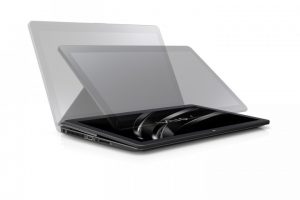
Each popular PC brand often excel in different areas to minimize as much competition as possible so if you can’t decide on what brand to pick, you can further break down your needs by asking whether one offers better (and sometimes longer) warranties than its rivals. Some brands may not have best warranty offers but they may offer better software packages. Proprietary software that you may be interested in buying later may be offered as a bundle by a particular brand so may consider it even if the entire unit may cost more than other brands. Most Sony Vaio models are usually more pricey than other good brands because they provide interesting software packages that you will have to otherwise pay separately later on. Other brands may not have interesting software packages but their hardware specifications may be their highlight. Acer computers usually offer cheaper units yet their hard drive and memory capacity are still above standard.
Also Read: Lenovo vs Dell
Bulkiness
Size is often the second thing most users consider when buying computers, especially laptops. Some may like their monitors large for viewing pleasure while others may prioritize portability by choosing smaller ones.
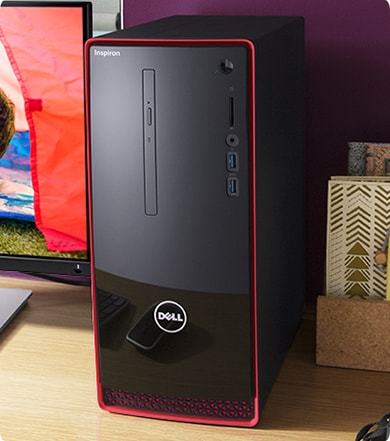 Desktop users may pick bulkier casings to allow better ventilation while some may want to save space by getting a smaller tower. If you’re planning on getting a desktop to be placed in a large room, size should not matter. In fact, we recommend that you choose the one with a bigger tower so give as much ventilation to the system as possible. If you are constantly on the go, picking a laptop with a smaller screen may be a wise choice.
Desktop users may pick bulkier casings to allow better ventilation while some may want to save space by getting a smaller tower. If you’re planning on getting a desktop to be placed in a large room, size should not matter. In fact, we recommend that you choose the one with a bigger tower so give as much ventilation to the system as possible. If you are constantly on the go, picking a laptop with a smaller screen may be a wise choice.
Price
Of course price matters. Even if you know exactly what you need but if such a rig costs way too over budget, you will obviously settle for a much less pricier one. Again, price must be considered if you don’t have enough resources to pay for expensive ones.
Some users may prefer performance over looks so settling for less attractive tower to save more for a powerful video card and additional RAM can be done. Gamers usually do this but if you fancy looks over anything and performance is not that important for you, choosing that sexy Sony Vaio may be preferable.
Usability
Most home users usually buy computers to be used mainly for browsing and light office and school tasks. If you are this type, then you should avoid sales pitches that touts performance. In a lot of cases, sales people in stores will offer the more expensive computers first by highlighting amazing specifications of video cards, processors, and hard drive capacity. Unless you want to do graphics-heavy tasks like video editing, gaming, 3D professional works and such, we suggest that you avoid expensive rigs. If you know that all you want to do is browse the internet, chat with friends, or do some class assignments, you can always save your hard-earned bucks for other features at a later time.
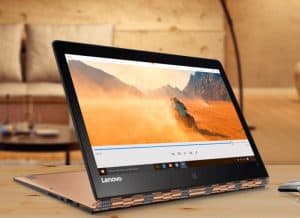
For those looking forward to playing the most recent PC games or working video tasks at home, you want to pick the best performing computer within your budget. High performance PCs can be upgraded further at a later date to give it even more processing power, hard drive and RAM capacity so make sure so investing in the newest available model may be a better choice.
Operating system
Most of the time Windows operating system is sold in different types, with the more expensive editions usually offering more features. For example, Microsoft’s Windows 10 operating system is being offered in four different editions — Home, Pro, Enterprise, Education. Each of these editions have varying list of features so make sure that you do some research before buying one. Some stores will usually ask a customer what Windows operating system to install on their machine so make sure that you do your research ahead of time. Editions with more features are obviously more expensive so unless you really need a particular feature that’s only offered in the most expensive edition, do some study in order to save some dollars. For example, windows 10 Home edition does not offer a full disk encryption feature called BitLocker so if you take hard drive security seriously, you should pick other editions.
Peripherals
If you’re looking forward to connecting to watching DVDs in your laptop, for example, make sure that you consider your machine has a built-in DVD reader or optical drive in it. Keep in mind that the more peripherals a machine can handle, the bulkier and more expensive it may get. If you can live without installing something on your laptop via an optical drive, it may be a great option for you to simply skip it to avail of a thinner and cheaper model.
Hard drive capacity and speed
Having to decide whether to get a 500GB or 1TB hard disc drive is often beyond an average user but we suggest that you consider it still, especially if you’re planning on saving a lot of photos or videos later on. Of course, the bigger the hard drive capacity is, the better but you must also be mindful of the cost.
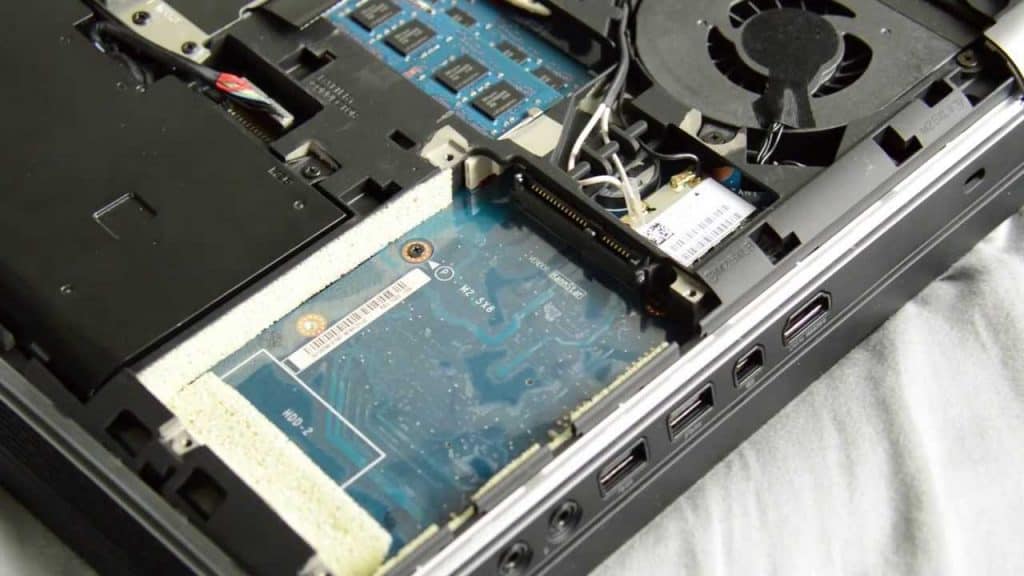
More advanced users may be torn whether or not to get a Sata drive or SCSI drive. If you can’t decide on which hard disc to have, ask yourself what you want to do with your computer. Again, if you’ll be mainly using it for light tasks such as internet browsing, you may not necessarily need to have a special hard disc like an SCSI. Capacity may be important to you but only if you plan on storing big files in the future.
Processor
Like the hard disc, many average users tend to leave processor choice to whatever unit they happen to like after considering the things above. A processor is a critical computer component that can often make a rig’s performance enjoyable or annoying. For cheaper PCs sporting low end processors, doing light tasks as internet browsing may be okay but once a user starts loading multiple apps simultaneously, performance may begin to suffer. Having a good processor can mean the difference between a computer that freezes or locks up constantly and the one that offers flawless experience. The general rule in picking up a processor is to stay in the middle, not too cheap but not too expensive as well. Try to get a range of available units with their corresponding processor and compare the prices. Then pick the one in the middle unless your budget can afford a faster one. Remember, if money is not an issue, you’re always better off picking the more expensive ones as they tend to operate efficiently and are expected to give better performance.
Also Read: Intel i7-9700k vs i9-9900k Best CPU
Random Access Memory (RAM)
Like in picking a processor, especially if you can afford it, the more RAM you can get, the better. RAM matters for users that regularly run games and other applications at the same time. If you are fond of multi tasking or jumping between applications, more RAM can offer a smoother performance. In most light tasks though, basic RAM may be enough.
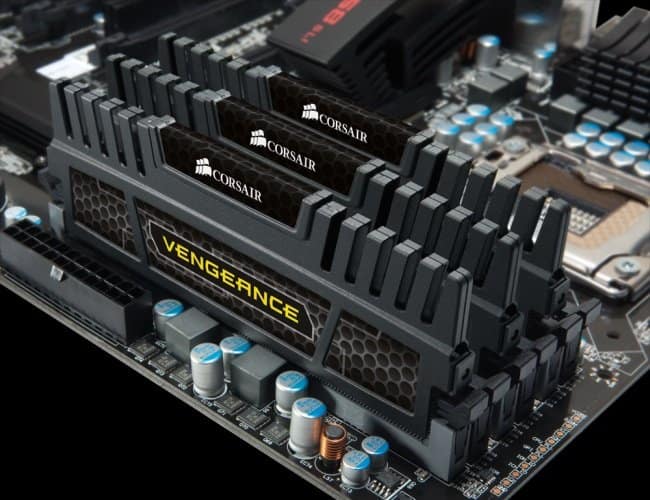
Depending on the application you will be using most of the time on your computer, picking the right RAM type may matter so make sure that you do more research on what suits your computer usage best.
Also Read: Best RAM for Ryzen
Warranty
Although almost all brand new purchases of computers are provided a warranty, some brands may have better offers over their rivals. The usual warranty of course is one year from the date of purchase but many stores can usually extend the standard manufacturer warranty up to several years if you are willing to pay for it. Prices for warranty extensions vary of course so if you want to ensure that your machine is covered for a long time, try to compare prices first before deciding on which warranty offer fits you best. Some warranty terms can be worded in vague manner so make sure to understand them before paying.
We are here to help
If you are having a problem with your Windows computer, don’t hesitate to let us know about it. We understand how frustrating computer problems can be so, more so if you can’t find the right solutions at all. Our blog exists to help PC users and Windows community deal with their problems effectively. To engage with us, just fill out the questionnaire in this link and wait for our articles to be published. In order to help as many people as possible, we only provide our solutions via posts so please don’t expect that we will respond to your emails or private messages. By making all posts public, we can share our solutions to other users in a more efficient manner. We cannot guarantee a quick response so if your issue is time sensitive, please find another way to resolve your problem.